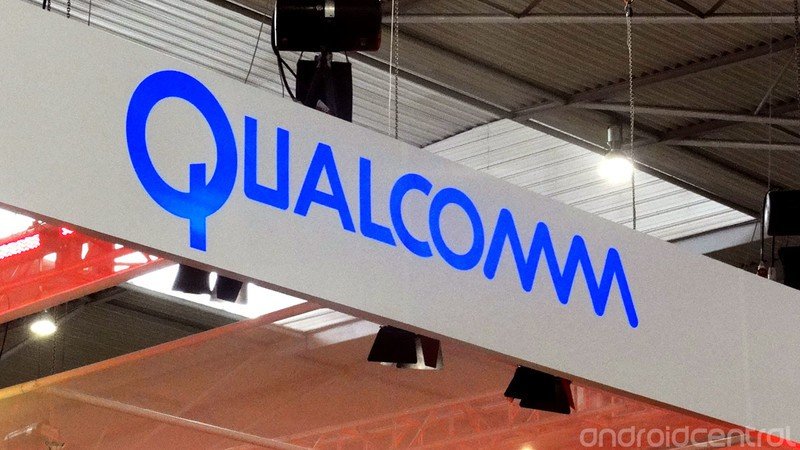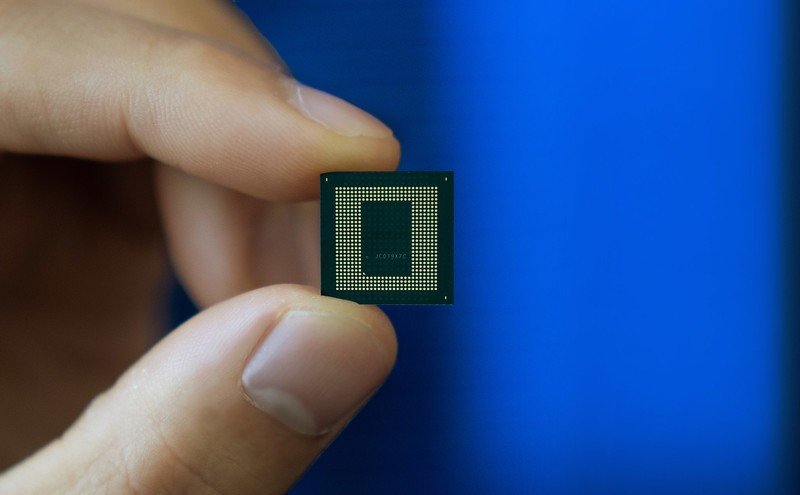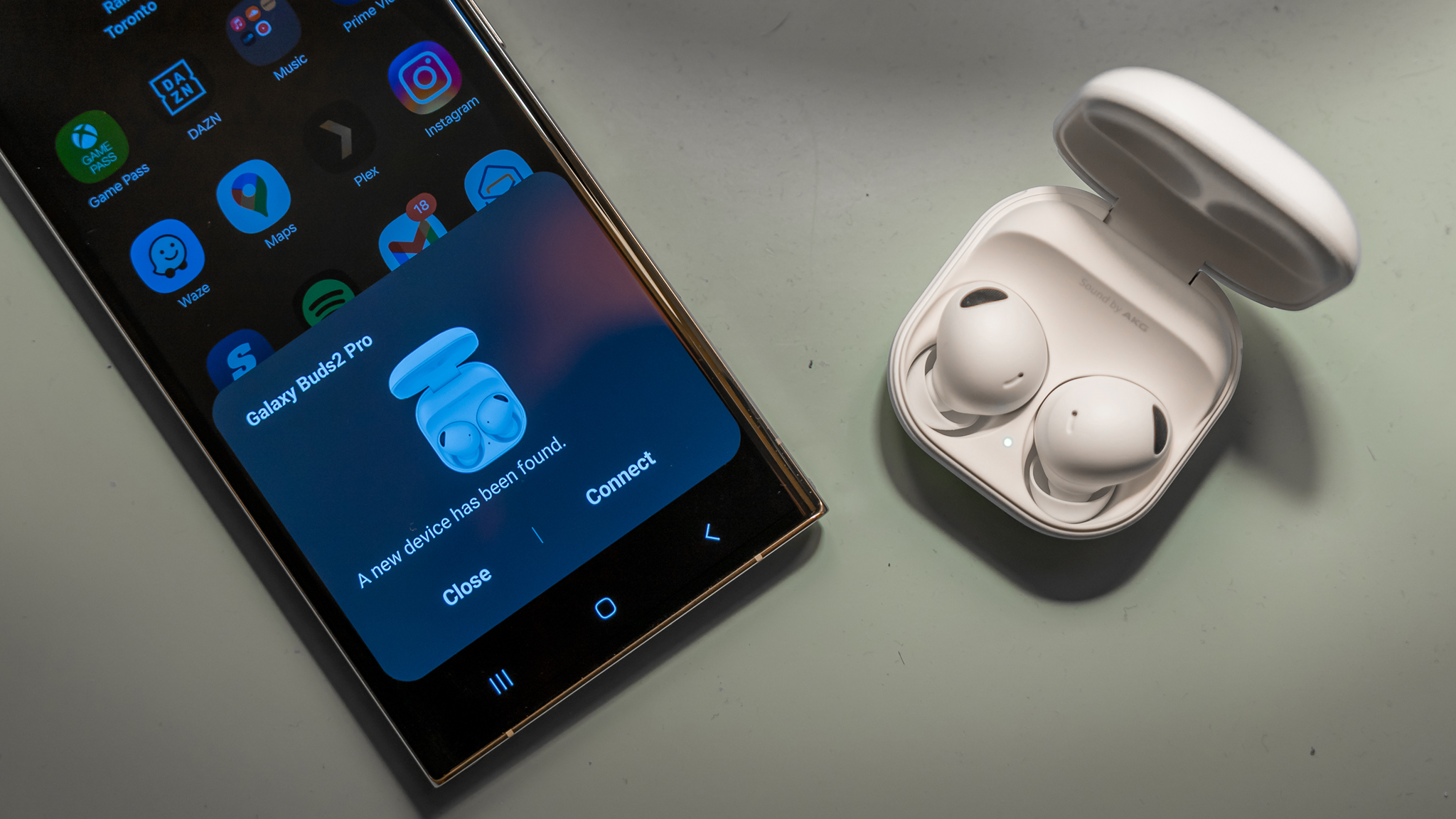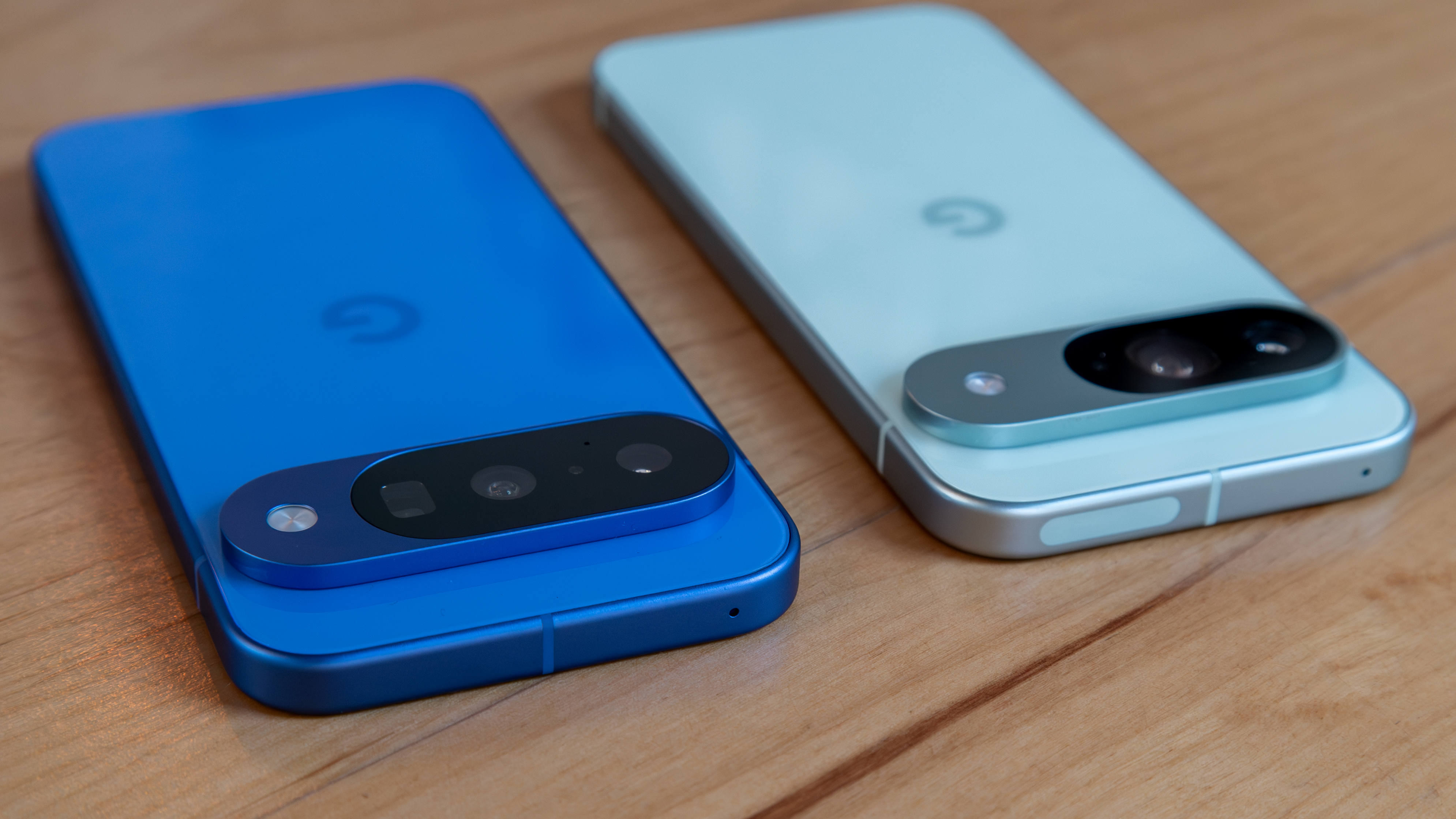Arm is giving Qualcomm the wake-up call it needs
Qualcomm needs Arm more than Arm needs Qualcomm.

Arm is the company inside every phone you can buy today. It designed the processor architecture that companies like Qualcomm, Apple, Google, and MediaTek use to build chips, as well as the processors from companies like Nvidia that power the AI future. They're a pretty big deal. That's why Nvidia tried to use its deep pockets to buy Arm outright in a deal that was thankfully blocked by the FTC.
They also gave Qualcomm a 60-day notice to stop making those chips. Yes, the company that powers a large portion of phones and tablets around the globe has to stop making the main product it sells. Maybe.
Of course, each side is quick to say why they are on the right, and the other side isn't. Qualcomm says in a statement:
This is more of the same from ARM – more unfounded threats designed to strongarm a longtime partner, interfere with our performance-leading CPUs, and increase royalty rates regardless of the broad rights under our architecture license. With a trial fast approaching in December, Arm’s desperate ploy appears to be an attempt to disrupt the legal process, and its claim for termination is completely baseless. We are confident that Qualcomm’s rights under its agreement with Arm will be affirmed. Arm’s anticompetitive conduct will not be tolerated.
And Arm's statement:
Following Qualcomm’s repeated material breaches of Arm’s license agreement, Arm is left with no choice but to take formal action requiring Qualcomm to remedy its breach or face termination of the agreement. This is necessary to protect the unparalleled ecosystem that Arm and its highly valued partners have built over more than 30 years. Arm is fully prepared for the trial in December and remains confident that the Court will find in Arm’s favor.
Let's be real for a minute — this won't happen. The two companies will reach a last-minute agreement that allows Qualcomm to keep making chips because Qualcomm is dead if they're forced to stop making money. This is Arm playing hardball with Qualcomm because it thinks Qualcomm was playing fast and loose with the terms of a contract.
Get the latest news from Android Central, your trusted companion in the world of Android
How did we get to this point? In 2021 Qualcomm spent $1.4 billion to buy Nuvia, a company that designed and built high-powered Arm chips for servers. The acquisition itself was a little touch and go because Nuvia's founder was a chip designer for Apple and was under an agreement that the company would not build chips that compete with Apple products.

There was a problem though. Nuvia had a license from Arm to use the company's architecture and original designs, which Arm says was not transferrable. Qualcomm claimed differently and integrated Nuvia's work into its own chips without renegotiating a new contract. It sounds really dumb to us, but Arm says Qualcomm wasn't legally allowed to use the ideas it paid for because they were based on ideas of another company. This is the type of thing that allows lawyers to exist.
Arm kept saying you have to come to the table for new terms, Qualcomm kept saying nope, and now Arm has had enough and says Qualcomm can no longer use its intellectual property 60 days from now.
Now, to the part why this isn't going to happen. Qualcomm depends on Arm, but Arm considers Qualcomm just another customer. In 61 days if Qualcomm stops making Arm chips for phones, tablets, laptops, routers, and every other gadget you can imagine Arm still has plenty of other customers. Arm would surely feel the loss financially and it's possible that Qualcomm would sue for the return of money paid for the rest of any contract, but Apple, Nvidia, Samsung, MediaTek, and a slew of other companies would keep chugging along and continue to pay Arm.
You can see where this is going: Qualcomm needs Arm. Arm doesn't need Qualcomm. The two companies working together is lucrative for both sides, but if the partnership ends Arm will survive.
Qualcomm will do whatever it takes to keep on making chips. Maybe Qualcomm should have complied with Arm's wishes sooner, but Qualcomm is no stranger to litigation and acting the bully when it comes to the chip industry. It's a tactic that has worked in the past and a strategy to continue to use until it stops working. Qualcomm makes some fabulous products, but its business practices aren't nearly as wonderful.

Other companies would be affected if Qualcomm drops off the face of the chip world, too. Some, like Apple and other chip makers, would benefit by way of more foundry time to have their own chips built (unless the U.S. government shuts TSMC down, that is) or gain a new set of customers. Others, like phone manufacturers or companies that make IoT devices, would suffer because they've designed products for a component that's no longer available. Switching to an alternative is expensive and difficult.
Consumers would suffer. Imagine a Galaxy S25 launch with extremely limited availability because there just isn't enough of Samsung's own chips available to make 100 million new phones. Other companies that don't also build in-house chips would have it even worse and scramble to incorporate another product as the heart of their new phone.
Killing off Qualcomm's main business would be a disaster for the consumer market. Both sides know it, just as they know an agreement has to be reached.
In the meantime, it's always fun to see the big dog squirm a little bit. Arm leveraging the proverbial worst-case scenario to get Qualcomm to comply is more entertaining than business as usual.

Jerry is an amateur woodworker and struggling shade tree mechanic. There's nothing he can't take apart, but many things he can't reassemble. You'll find him writing and speaking his loud opinion on Android Central and occasionally on Threads.
You must confirm your public display name before commenting
Please logout and then login again, you will then be prompted to enter your display name.
